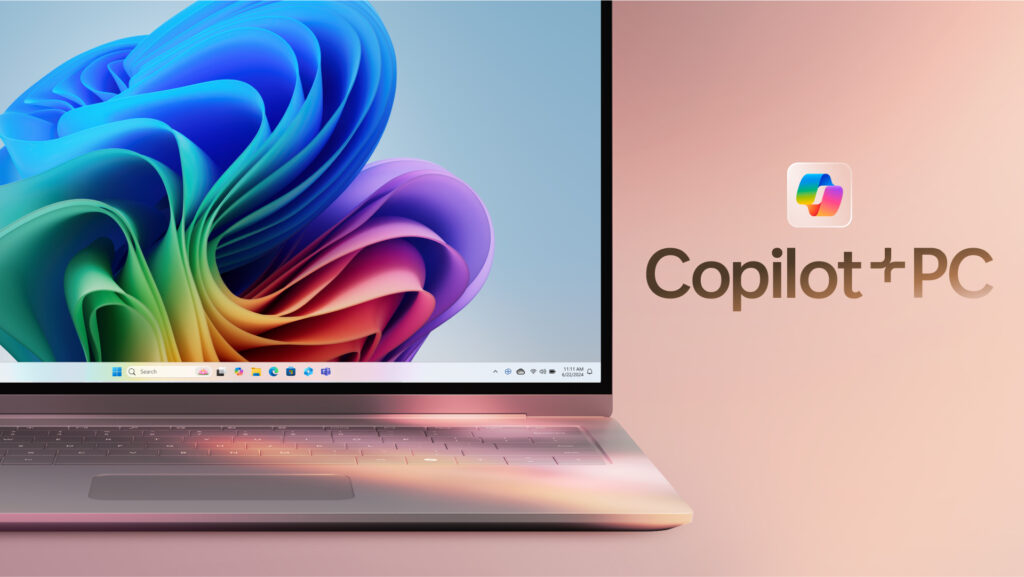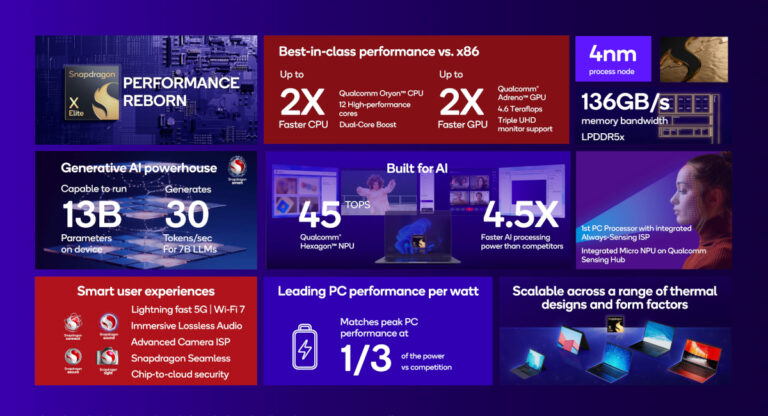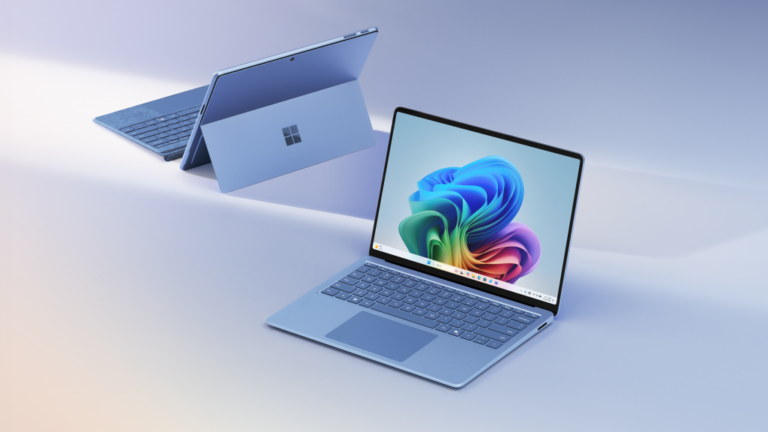In a groundbreaking move, Microsoft and its major PC partners have unveiled a new category of laptops called Copilot+ PCs. These next-generation devices combine cutting-edge hardware with an advanced version of Windows, bringing an unprecedented AI-driven experience to users. While the buzz around artificial intelligence is at an all-time high, Copilot+ PCs promise to deliver tangible improvements in performance and usability. Here, we’ll explore the strengths and weaknesses of these innovative devices, ensuring you’re well-informed before making a purchase.

Enhanced AI Capabilities
At the heart of Copilot+ PCs is a powerful AI infrastructure designed to enhance various applications and services. A standout feature is Recall, which provides a comprehensive digital memory, allowing users to efficiently search through documents, emails, Zoom calls, and more. This goes beyond traditional search functions, offering a significant productivity boost.
Arm-Based Architecture
The first generation of Copilot+ laptops is powered by Arm-based chips, specifically the Qualcomm Snapdragon X Elite and X Plus. Known for their efficiency and performance, these chips enable super-slim designs, long battery life, and impressive performance akin to Apple’s M-series chips.

Neural Processing Unit (NPU)
A key differentiator for these laptops is the inclusion of a Neural Processing Unit (NPU). This AI accelerator handles specific tasks faster and more efficiently than the main processor or graphics chip. The NPU powers features like Recall and enhances videoconferencing, content creation tools, gaming resolution, and more. It also supports generative AI applications, such as automatic text and image generation, directly on the PC.
Broad Vendor Support
With major players like Dell, HP, Lenovo, Samsung, Acer, Asus, and Microsoft (via its Surface line) participating, consumers have a wide array of designs and configurations to choose from, far surpassing the options offered by Apple.

Future-Proofing
As AI software continues to evolve, the performance and capabilities of Copilot+ PCs are expected to improve over time. This ensures that users will benefit from ongoing advancements in AI technology, making these laptops a sound long-term investment.
Weaknesses of Microsoft Copilot+ PCs
The primary weaknesses of Microsoft Copilot+ PCs include limited initial support for some popular AI applications, which still require an internet connection and may not immediately benefit from the new hardware. Additionally, the starting price of $999 positions these laptops at a premium level, potentially deterring budget-conscious buyers. Early adopters might encounter challenges as software developers optimize applications for the new architecture, leading to a temporary lag in experiencing the full benefits of the AI capabilities. Lastly, the transition to a new architecture and AI-driven features may involve a learning curve for users, impacting compatibility and workflow adjustments.
Microsoft’s Copilot+ PCs mark a significant leap forward in the integration of AI into personal computing. With enhanced AI capabilities, efficient Arm-based architecture, and support from major PC vendors, these laptops promise a transformative user experience. However, potential buyers should be aware of the initial limitations and the premium pricing. As AI technology continues to evolve, the investment in a Copilot+ PC today could yield substantial benefits in the future. Whether you’re a tech enthusiast or a professional seeking cutting-edge performance, these next-gen laptops offer a glimpse into the future of computing.



